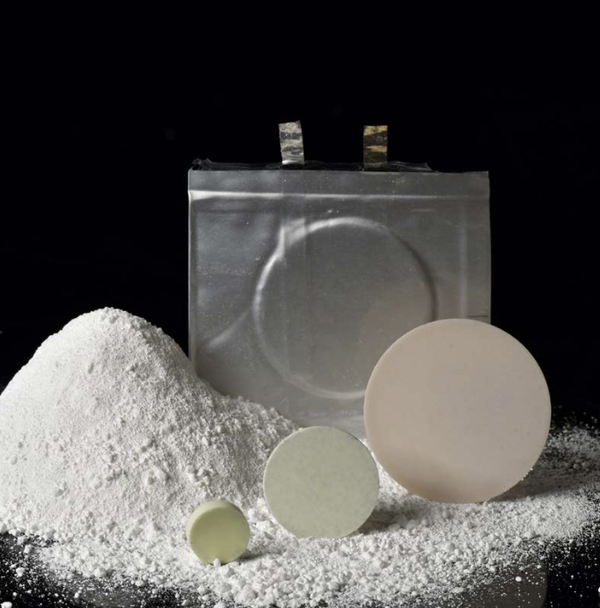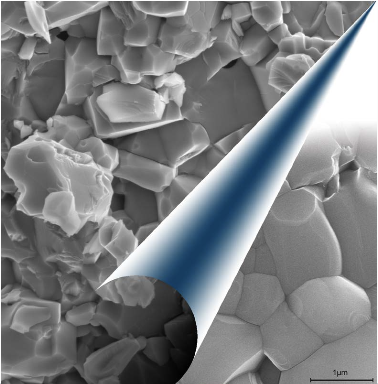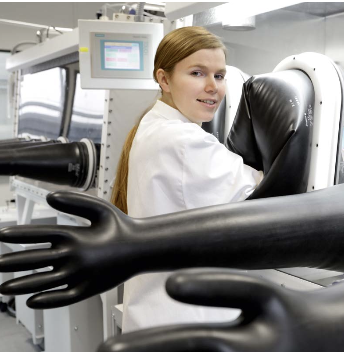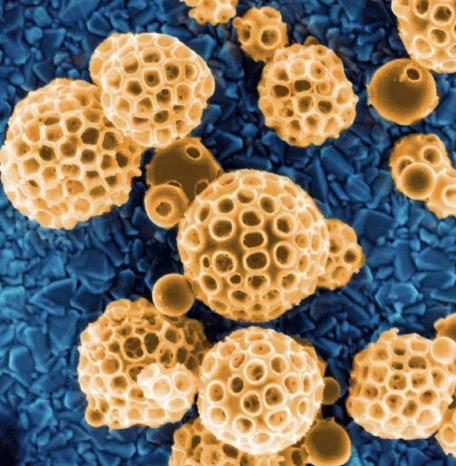Solid State Batteries
The "Solid State Batteries" research group works on the future of energy storage technology: ceramic solid state batteries. These batteries, which work with solid-state ion conductors instead of liquid or polymer electrolytes, offer a promising solution for greater safety and improved energy and power density.








